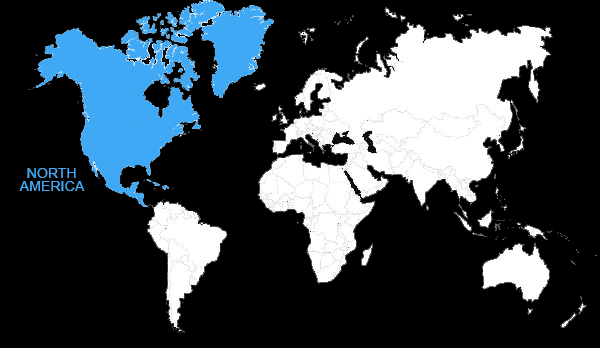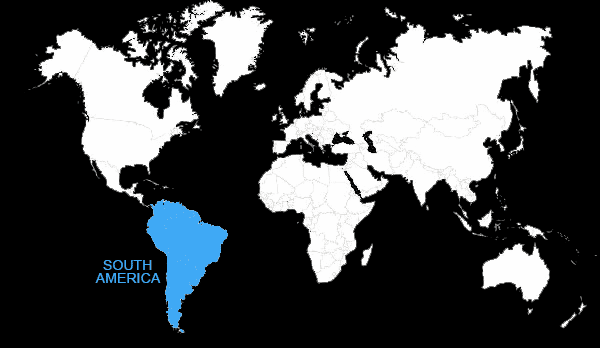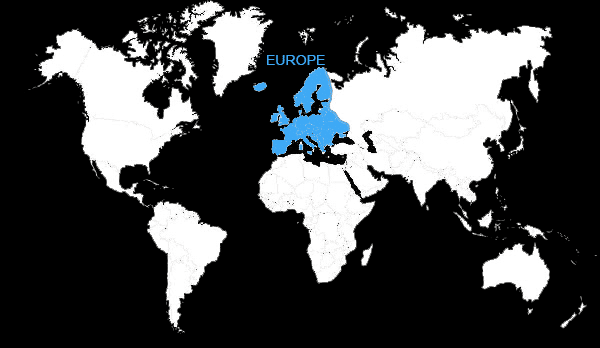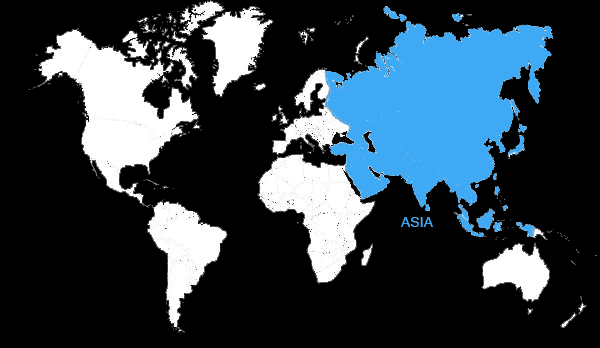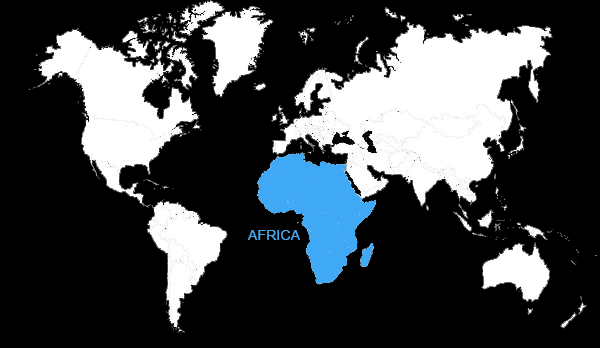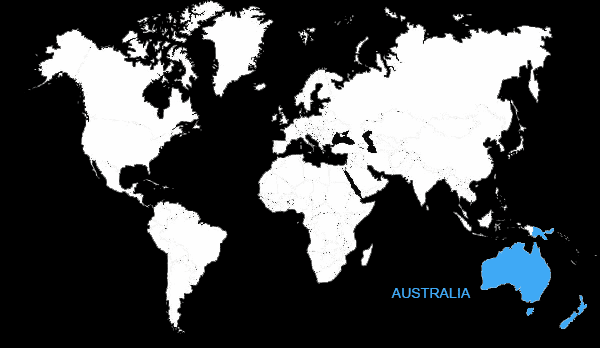St Johnstone FC Tryouts
St Johnstone FC is a Scottish professional football club based in Perth, Scotland. The club currently plays in the Scottish Premiership, the country’s highest football league in Scotland.

St Johnstone FC Youth Development System
At the time of this writing, there are no official publishings on St Johnstone FC trials. Please come back at a later date while we monitor this club or click here to visit their official news page for the latest updates.

EXPLORE MORE CLUBS!
Explore more professional clubs by continent.
St Johnstone FC History
After the conclusion of the cricket season, the members of the neighborhood cricket team looked for ways to fill their time and decided to form the club. During the fall of 1884, the cricketers were seen kicking a football around the South Inch, which was a big public park situated next to the River Tay. Although this is the date that is generally accepted to mark the beginning of the St. Johnstone Football Club, it was not until the beginning of the year after that when a group of footballers, led by John Colborn, held an official meeting that resulted in the formation of the club as a separate entity rather than a “spin-off” of the cricket club. This meeting led to the formation of the club as a separate entity.
Although there were several local teams playing football at the time, such as Fair City Athletic, Erin Rovers, and Caledonian (based at Perth railway station), it was St. Johnstone that became the club most associated with the town and gave the club its name. Fair City Athletic, Erin Rovers, and Caledonian were just a few of the local teams that played football. (During the Middle Ages, the locals of Perth referred to the city as “St. John’s Toun” (or “Saint Johnstoun”) due to the fact that the church in the middle of the parish was consecrated to Saint John the Baptist. The Agnus Dei, often known as “The Lamb of God,” is a symbol that is commonly linked with John the Baptist. The St. Johnstone club emblem has this sign.
The Recreation Grounds, which was a plot of property that was leased by members of the club and was located near to the South Inch, was the original location that the club called home. After a number of decades, as well as constant issues with floods, it became apparent that they had outgrown those grounds. As a result, in 1924, they relocated to the opposite side of Perth and built Muirton Park, which would serve as their home for the subsequent 65 years.
The 1886–1887 season of the Scottish Cup was St. Johnstone’s first time competing in the tournament. However, they were eliminated from the competition in the first round by the Erin Rovers club, which was also headquartered in Perth, after playing to a 3–3 draw at home. In the 1910–1911 season of Scottish Division Two, Port Glasgow Athletic F.C. finished in second-to-last place and did not submit an application to be re-elected. They were replaced by St. Johnstone for the 1911–12 season of the Scottish Division Two competition. St. Johnstone finished fifth in their debut season, which consisted of ten victories and eight losses.
David Taylor was hired as the team manager for St. Johnstone for the 1924–25 season, when the club won the title of the Second Division and earned promotion to the old First Division. They continued to play in the top tier until the 1929–30 season, when they ended in last place in Division One. The next season, the Saints hired a new manager named Tommy Muirhead and went on to finish in second place in Division Two, earning them promotion for a second time. They had a successful run in Division One throughout the 1930s, making it all the way to the semifinals of the Scottish Cup in 1933–1934 and finished fifth in both 1932–1933 and 1934–1935 seasons. In the final season before World War II, St. Johnstone finished in eighth place after having a successful season under the management of David Rutherford.
During the time of World War II, the Scottish Football League decided to put a halt to all competitions; however, sixteen clubs were able to get together to form the regional Southern Football League, which continued to play each season. St. Johnstone were unable to play for the majority of the war and as a result, they were demoted from the first division. The Southern Football League continued its operations into the postwar 1945–1946 season, however the league was split into two divisions to accommodate clubs that were beginning new seasons, one of which was St. Johnstone. The Saints placed sixth out of fourteen clubs who competed in the B Division during the 1945–1946 season. When play resumed in the Scottish League in 1946, the Southern League structure was utilized as the first post-war competition. As a result, the Southern League’s A Division assumed the role of the new First Division, while the Southern League’s B Division assumed the role of the new Second Division. As a result of St. Johnstone’s failure to maintain the ground it had won in the 1930s, the team could only place ninth in Division Two in 1946–1947.
Jimmy Crapnell took over as the team manager for the 1947–48 season, while Johnny Pattillo took over after him for the 1953–54 season. Throughout the entirety of each of these managers’ stints with the Saints, the team competed in the Second Division. Bobby Brown took control of the club in the summer of 1958, and it wasn’t until his second season as manager, 1959–1960, that the team was ultimately promoted once more. After leaving St. Johnstone, Brown and his successor Willie Ormond were both responsible for managing Scotland. Under the direction of Ormond, Saints finished third in the league in 1970–1971 and earned a spot in the UEFA Cup for 1971–1972.
Throughout its history, the club has not fared particularly well in national competitions. Prior to winning the Scottish Cup in 2014, its two previous cup victories came in 1911 and 1914 when it was victorious in the Consolation Cup, which was a competition for clubs that were eliminated in the early rounds of the Scottish Cup. In 2014, it was the first time that it won the Scottish Cup. Additionally, the club has competed in the final of the Scottish Challenge Cup twice, with contrasting results: in 1996, they were defeated by Stranraer by a score of 1-0, while in 2007, they defeated Dunfermline by a score of 3–2 to take home the trophy. After making an appearance in the Scottish Cup semi-finals seven times beginning in 1934, Saints were finally victorious in the competition in 1934. They have never been champions of the highest level. There have been two appearances in the final of the League Cup, both of which ended in defeat. The first was a 1-0 loss to Celtic in 1969, and the second was a 2–1 loss to Rangers in 1998. Saints’ goal in the latter match was scored by Canadian internationalist Nick Dasovic.
When it comes to the league, the most that this team has ever done is finish third in the old First Division on three separate occasions. This is the club’s all-time best finish. The first time this happened occurred in the 1970–1971 season, when Saints finished third, after Celtic and Aberdeen but ahead of Rangers. Willie Ormond, who later went on to coach Scotland, was the manager of the team when it won the League Cup in 1969 and the majority of the players on that team. During this time, the team fielded a number of famous players, including Henry Hall, Alex MacDonald, John Lambie, John Connolly, and Jim Pearson, all of whom went on to have success playing for other clubs in the future.
This third-place performance led to an adventure in Europe in the UEFA Cup, where they defeated German heavyweights Hamburger SV and Hungarians Vasas Budapest before ultimately losing to NK Zeljeznicar Sarajevo in Yugoslavia. The team remained in the top division of the Scottish Football League up until the time that it was reorganized in 1975, but they were demoted from the new Premier Division in the very first season of play in that division.
In recognition of his contributions, the south stand of McDiarmid Park has been given the name Ormond Stand.
It wasn’t until 1983 that Saints were able to return to the top division of English soccer, and even then, it was only for one season. In 1984 and 1985, Saints made a record by falling from the top tier twice in a row. They eventually finished dead last in the entire league in 1986 and were on the verge of financial extinction before local businessman Geoff Brown became involved.
The club relocated from its long-term home Muirton Park to the new purpose-built McDiarmid Park on the outskirts of the city over the course of the next decade or so, making it the first purpose-built all-seater stadium to be constructed in the United Kingdom. This move coincided with an unprecedented shift in the club’s primary focus. The new stadium was given its name in honor of local farmer Bruce McDiarmid, who generously donated land for the facility. In addition to this, a considerable amount of transfer cash was invested, and Alex Totten was hired to lead the team, all of which contributed to Saints’ rapid ascent through the leagues. In 1988, they were successful in gaining promotion to the First Division. The next year, in 1990, Saints played their debut season at McDiarmid Park and went on to win the First Division championship. This victory earned them promotion to the Premier Division.
Saints concluded the 1990–1991 season in seventh position, although their season was lifted by an appearance in the semi-finals of the Scottish Cup. However, they were defeated by Dundee United in that match.
A disappointing eighth-place finish the next year was the straw that broke the camel’s back for Totten, who had been in charge of the team for the previous five years. John McClelland took over the role for the 1992–1993 season after he stepped down. The Irishman did not fare much better, though, and was ultimately responsible for the club finishing in sixth place. A further trip to the semi-finals of a cup competition, this time in the League Cup, added a touch of sweetness to the season.
St. Johnstone were relegated to the First Division as a result of their tenth-place performance in the 1993–1994 season, which brought an end to their four-year stint in the Premier Division. McClelland left the club before the completion of the season, and his position was taken by Paul Sturrock, who had previously played for Dundee United.
While Sturrock was in charge of the club, an increased focus was put on the organization’s efforts to produce its own players. This resulted in the birth of Callum Davidson and Danny Griffin as the fruit of its labor. Sturrock also implemented, at least in general terms, the idea of training sessions taking place both in the morning and in the afternoon in an effort to improve the overall level of physical conditioning of his players. The Saints achieved a fifth-place finish in the First Division and advanced to the quarterfinals of the League Cup in Sturrock’s first full season in charge of the team. In the 1995–1996 season, under his direction, they finished in fourth place and advanced to the quarterfinals of the Scottish Cup. The 1996–1997 season was a return to league glory for the club, as they won the First Division title and were promoted back to the top level. In their first season back, the club more than held their own against the competition. As a result of their finish in fifth place, they were invited to join the Scottish Premier League for its first season the following year.
Despite the fact that Sturrock departed the club soon after for Dundee United, the club experienced a second “golden time” in 1998–1999 under the management of new manager Sandy Clark. The club finished third in the Scottish Premier League, behind Rangers and Celtic. During that season, Saints played their way into the final of the League Cup as well as the semi-finals of the Scottish Cup. However, they were unable to defeat Rangers in either competition. They were defeated by Rangers in five of the six games that were played between the two teams during that season, including a 7–0 loss at home; however, Saints prevailed against Rangers in the other game by a score of 3–1. Because of their place in the league’s standings at the end of the season, Saints were automatically entered into the UEFA Cup competition for the 1999–2000 season. They began by defeating the Finnish team VPS Vaasa in the qualifying round with an aggregate score of 3–1, but in the first round proper, they were eliminated by the French powerhouse AS Monaco with an aggregate score of 6–3. As a result of the return leg, McDiarmid Park was graced with the presence of worldwide superstars such as Fabien Barthez, John Arne Riise, and David Trezeguet. Before their match in 2013 against FC Minsk, St. Johnstone had a perfect record of home play in European tournaments, remaining undefeated.
Following a prolonged period of declining performance, the team was eventually demoted from the Premier League in the year 2002. Billy Stark, who had taken over as Clark’s replacement and supervised this demotion, resigned from the club in 2004 after two seasons of inconsistent performance. Owen Coyle took over as manager of St. Johnstone in April 2005, when the club was in eighth place following a disappointing 2004–05 season under Stark’s replacement, John Connolly. This marked the beginning of an encouraging new era, during which St. Johnstone finished in second place in both the 2005–06 and 2006–07 seasons.
There was also success in the cup under Coyle’s leadership. At Ibrox on November 8, 2006, St. Johnstone scored a two-goal victory over Rangers to go to the semifinals of the League Cup. Both of the team’s goals were scored by Steven Milne. This was the first time that the club has triumphed at Ibrox since April 1971. It was also the first time that the club had defeated Rangers in a cup competition. Additionally, it was the first time that Rangers had been eliminated from a major cup tournament at home by opposition from a lower tier. Hibs defeated Saints in the League Cup semi-finals on January 31, 2007, sending Saints crashing out of the competition. In the semi-finals of the Scottish Cup, which took place at Hampden on the 14th of April 2007, St. Johnstone was defeated by Celtic by a score of 2–1. By that time, rumors were circulating that Coyle was a candidate for open managerial positions in the Scottish Premier League. On the 21st of April 2007, the second-placed Saints triumphed 3–0 at home against Queen of the South, while the top-placed Gretna played out a goalless draw against the visiting Clyde. This brought the Perth club to within one point (and seven goals) of Gretna, who were in first place at the time. As a direct consequence of this, the championship of the First Division was going to be determined on the very last day of the season. Seven days later, Gretna, who had led their division for the majority of the season, defeated St. Johnstone to win the First Division championship. Gretna had led the division for the majority of the season. Saints prevailed 4–3 against Hamilton Academical, but James Grady scored the game-winning goal for Gretna in injury-time against Ross County, just minutes after the St. Johnstone game had ended. Gretna remained in first place by one point thanks to these results, and they were able to gain promotion to the Premier League under the leadership of former Saints player Davie Irons.
On November 22, 2007, Owen Coyle resigned from his position as manager of the club in order to take over as manager of the English team Burnley. The following game for Saints was the Challenge Cup Final against Dunfermline, which took place three days later. With a score of 3–2, Saints were victorious and won their first cup since the Scottish Consolation Cup in 1911. Coyle’s assistant, Sandy Stewart, who had been in charge in a caretaker-manager capacity for the Challenge Cup Final, decided to follow Coyle south to Burnley, which led to the appointment of St. Johnstone midfielder Derek McInnes as Coyle’s replacement as manager on November 27, 2007. McInnes was given the position after Stewart decided to follow Coyle to Burnley. McInnes got his start in management as a player-manager. The lackluster performance that St. Johnstone displayed throughout Coyle’s tenure carried over into 2007, as the club finished the year in third place, a considerable distance below the league’s top two teams. The club did, however, go to the semi-finals of the Scottish Cup for the second season in a row in 2008, when they were ultimately eliminated by Rangers in a shootout following extra time and penalties. This was the seventh time that the club had competed in the semi-finals, and it was also the seventh time that they had been unsuccessful.
In a match played at McDiarmid Park on May 2, 2009, Saints defeated Greenock Morton by a score of 3–1 to claim the First Division championship and earn promotion to the Premier League for the first time in seven years.
During their first season back, they had an eighth-place result.
In November 2011, on the same day that the club announced the appointment of manager Steve Lomas, it was also announced that the club chairman Geoff Brown, who at the time was the longest-serving chairman in the history of Scottish football, was retiring and would therefore be stepping down from his post. The club was eventually handed over to his son Steve to run. In June of 2013, Steve Lomas resigned as manager of the club to take over as head coach of Millwall, and Tommy Wright was brought in to take his position. When taking charge of St. Johnstone for the first time in a competitive match, Wright led the team to a win against Rosenborg BK in Norway by a score of 1-0. This was the first victory for the club on the road in Europe in more than 40 years.
After claiming a 2–1 victory over Aberdeen in the Scottish Cup semi-final match played at Ibrox Stadium on April 13, 2014, St. Johnstone advanced to their first-ever Scottish Cup Final. They defeated their Tayside rivals, Dundee United, at Celtic Park on May 17 and triumphed by a score of two to zero.
Seven years later, in February 2021, the club won its second major cup by defeating Livingston 1-0 in the final of the Scottish League Cup. The match took place in Scotland. Shaun Rooney was the only player to find the back of the net during this match. Later on in that season, St. Johnstone won its second Scottish Cup by defeating Hibernian 1-0 to claim the title. Shaun Rooney once again scored the sole goal of the game in the 32nd minute, the same time as he scored the game-winning goal in the League Cup Final. With this triumph, St. Johnstone overcame odds of 10,000 to 1 to become the first team from outside the Old Firm to win a cup double since Aberdeen in 1990. St. Johnstone also broke the odds by becoming the first team to do so since Aberdeen. St. Johnstone also qualified for Europe for the sixth time in the past ten seasons, although the club had previously only done so twice in their entire history. During the club’s longest-ever stint in the premier division, they have never finished lower than eighth place, including a streak of six consecutive seasons (from 2012 to 2017) that saw them finish inside the top six.

